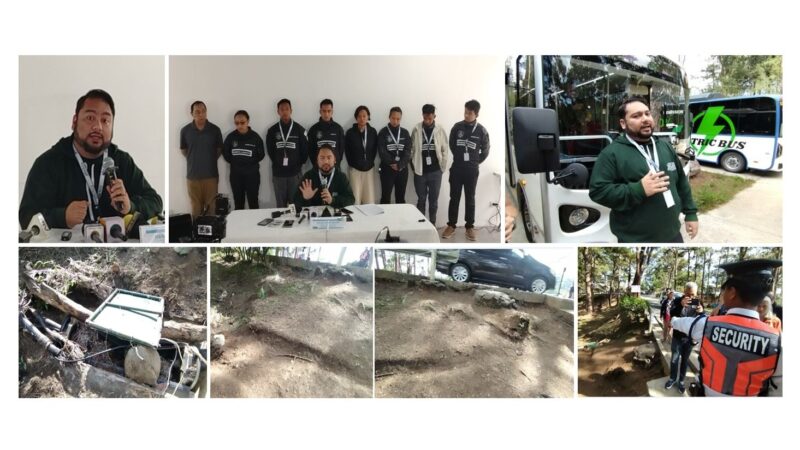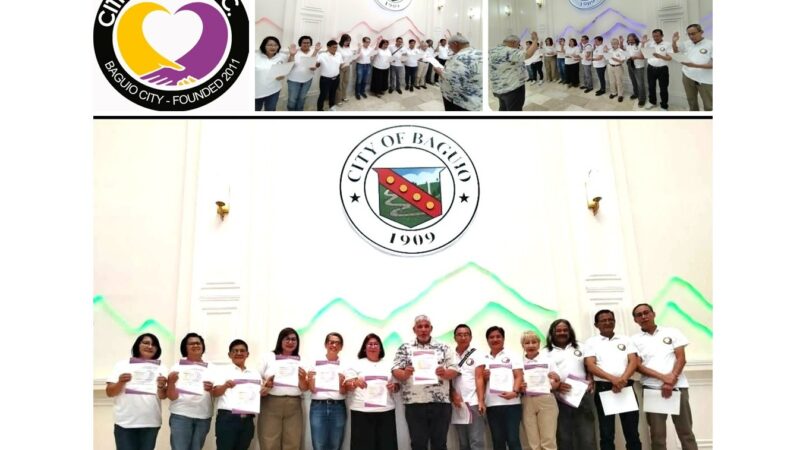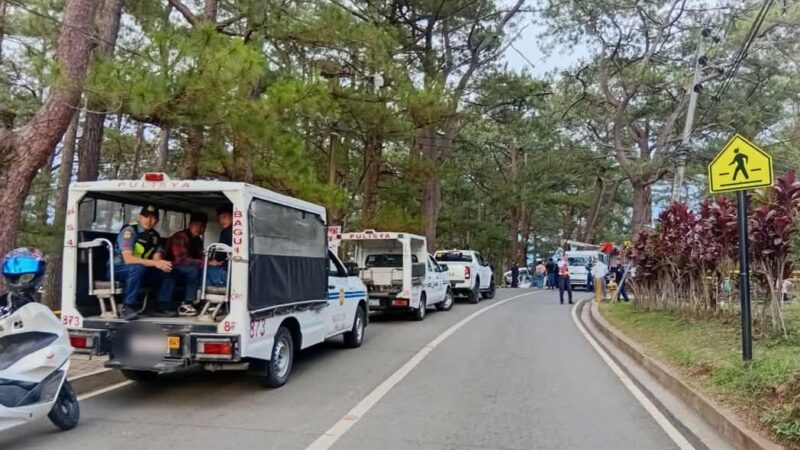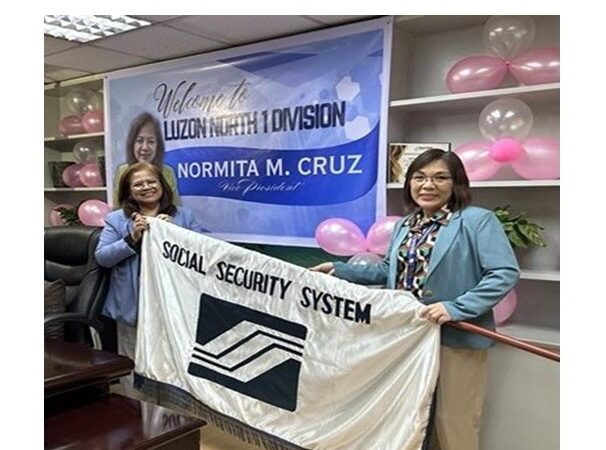Students plan for environmental protection; school earth hour; 15-minute technology break; monitoring and mitigation for heavy metal areas, bad air quality, high waste areas proposed

In a city-sponsored eco-consciousness and sustainability lecture, college student leaders came up with home, school and community-based environmental protection schemes, projects and proposals in line with their academic advocacies.
Around four hundred students of the Saint Louis University (SLU) gathered recently at the Gever hall to listen to speakers; Assistant head of the City Environment and Parks Management Office (CEPMO) Engr. Marivic Empizo, Zero-waste coalition advocate Agnes Garcia, Ms. Aileen Lucero of the Eco-waste Coalition for Waste Electrical and Electronic Equipment (WEEE) recycling, SLU professor Engr. Daphne Leal, and Chair for Health and Sanitation, Ecology and Environmental Concerns Councilor Betty Lourdes Tabanda.
Among those suggested by the students for home-based environmental care include the mandatory bag labeling of segregated garbage, garbage logging system, home gardens in compost bins, rainwater collection for household use, and the use of eco-friendly packaging materials such as woven leaves and homemade baskets.
For the school, suggestions range from food sharing, and food waste for compost bins and biogas production, bring your own cutlery, food container day and water tumbler every day; paper segregation drive and paper briquette production, no plastics and only paper cups for food and water, and an eco-friendly public study area.
Solar power for the clinical laboratory, as with energy-saving earth hour on Mondays, and a 15-minute daily technology break does good for the students and the school as a whole.
Every end of the semester, students may deposit electronic wastes that have outlived their usefulness; while usable uniforms and education materials may be passed on to the younger students to save on costs.
The students also agreed that vertical wall gardens benefit the academic population, but with automated water distribution from recycled materials. Water could also be deacidified for school washing stations, the students said.
Students and faculty should also be accorded bike parking spaces, the students averred.
Bad air quality, heavy metal and high waste areas should be geo-mapped, monitored and mitigation done to dissipate pollution-concentrated areas, and student organizations could even have contests for cleanest areas.
Other suggestions include sustained inter-university seminar-workshops in eco-consciousness and a petition for SLU to extend zero waste activities to the community.
All proposals were noted for the city’s environment consciousness council meeting, through the CEPMO, according to Assistant head Engr. Empizo. – JGF






